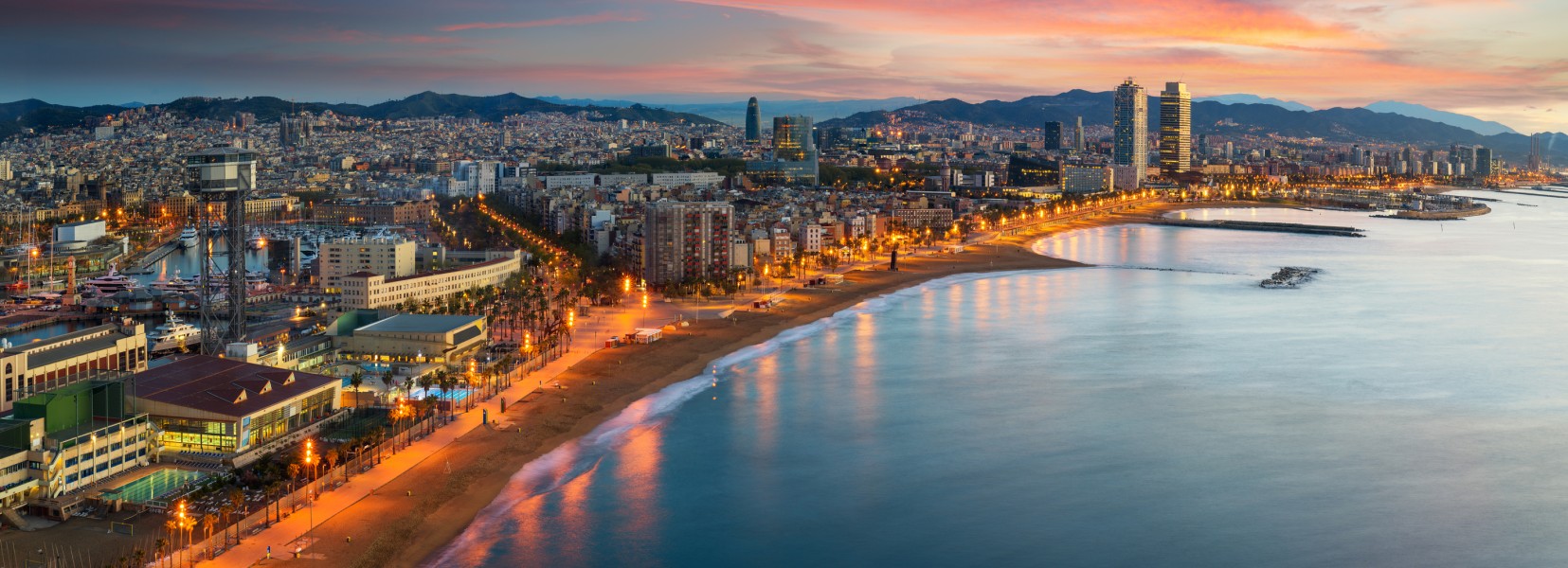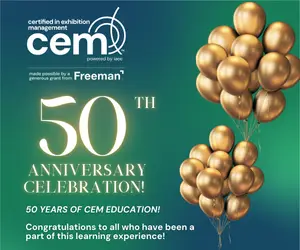Originally published by Gary Shapiro on 14 February
The Feb. 12 cancellation of Mobile World Congress (MWC) in Barcelona sent shock waves throughout the world of travel, meetings and exhibitions. MWC may be a quasi-competitor to our annual CES® in Las Vegas, but this Valentine’s Day our hearts were with the MWC show producers – they made the agonizing decision to cancel the show two weeks before it was set to take place.
Exhibitors had already arrived and started building booths. Chinese exhibitors had come to Barcelona early to follow a two-week, self-imposed quarantine. The MWC staff had worked year-round to plan the logistics, conferences and marketing necessary to bring some 110,000 people and thousands of exhibitors to Barcelona. Tens of thousands of people had registered, and millions were collected in registration fees.
Agreements with hotels, busses, decorators, AV providers and marketing had been contracted and spent. Tens of thousands of hours had gone into meetings and planning for the event. Companies exhibiting had created marketing plans and press announcements, set meetings and developed exhibits and product launches. Events and parties were planned and contracted. Flights were purchased. Hotel rooms were committed.
Deciding whether to cancel must have been agonizing. Major exhibitors were canceling every day, spurred by fear for their employees and perhaps eventually swayed by others canceling. If the show had continued, these exhibitors would not get refunds – neither would tens of thousands of the registrants who may have not decided to come. Thus, it might have made more economic sense to continue to hold the show.
Going forward may have not been so bad. The Integrated Systems Europe (ISE) show held in the Netherlands from Feb. 11-14 had crowded exhibits, few visible cancellations and attendance only slightly down – with noticeably fewer attendees shaking hands, but many signs encouraging hygienic practices.
So, the MWC show, owned by the GSMA, had a tough decision. Going forward with the show would likely save GSMA millions of dollars. (Cancellation insurance, even if GSMA had it, would not likely cover all or even possibly any of the costs as disease and government action is typically excluded from coverage). Proceeding with the event would help the Barcelona economy and local hotels – and provide money to the booth spokespeople, taxi drivers, exhibit builders, hotel housekeepers, servers, bartenders and others who rely on conventions for income. Many of these people will simply make less or not get paid at all.
Despite all this, GSMA decided to cancel. Yet I believe they made the right decision.
Cancellation was undoubtedly the more expensive option for GSMA. But it was also the right decision. The safety of any show’s attendees and exhibitors must be a priority. Going forward also risked media stories with pictures of empty aisles. And the name MWC must mean something – a quality event, a great experience, new products, learning and relationships.
A trade show such as CES or MWC is not simply a place and a date – it is a promise. It is a commitment that those investing the time and resources to commit to exhibit or attend will receive in return the opportunity to grow, to learn and to do so in a full five-sense experiential and meaningful environment.
It is a commitment to exhibitors that they can efficiently meet customers, potential partners and media (attendees have an average of 33 meetings apiece at CES each year). It is a promise to startups that they can meet investors. And it is the opportunity to see trends, discover new ideas, benefit from serendipity and learn as only a face-to-face live experience allows.
And that trade show environment must be safe. With the fears of coronavirus and exhibitor cancellations growing each day, MWC couldn’t promise either the great experience or the healthy environment, so they swallowed hard, absorbed the huge loss and preserved the quality of their name and health of their attendees and exhibitors. If they had gone forward, the remaining exhibitors and committed attendees faced a potentially disappointing experience and, more significantly, a health risk.
GSMA did the right thing by canceling MWC 2020. As industry commentator Shelly Palmer said on his blog, “Many thanks to John Hoffman and the people of Barcelona for putting public safety first.”
In 2021, MWC will be back in Barcelona, and I believe it will and should be strong, healthy and successful. By putting their exhibitors and attendees first, GMSA strengthened their brand promise and the loyalty of their customers.
Doing the right thing often has risks and a price. Doing the right thing is hard. GSMA showed backbone and ethics by cancelling MWC 2020.


